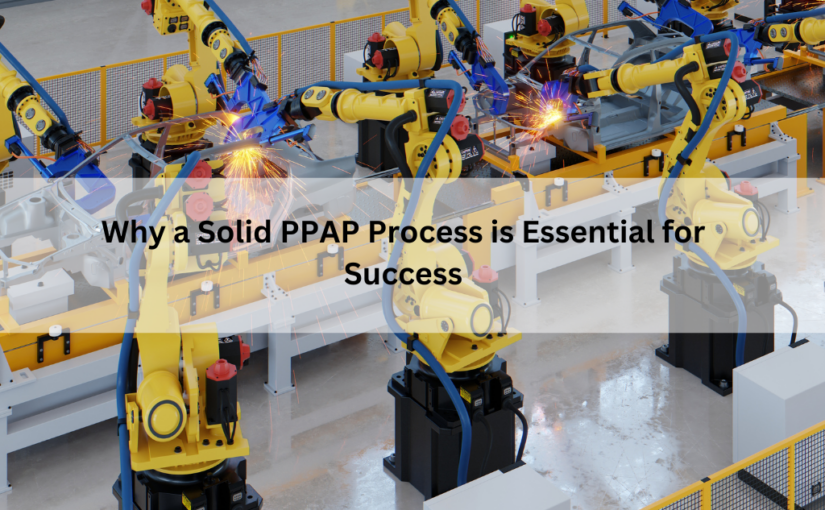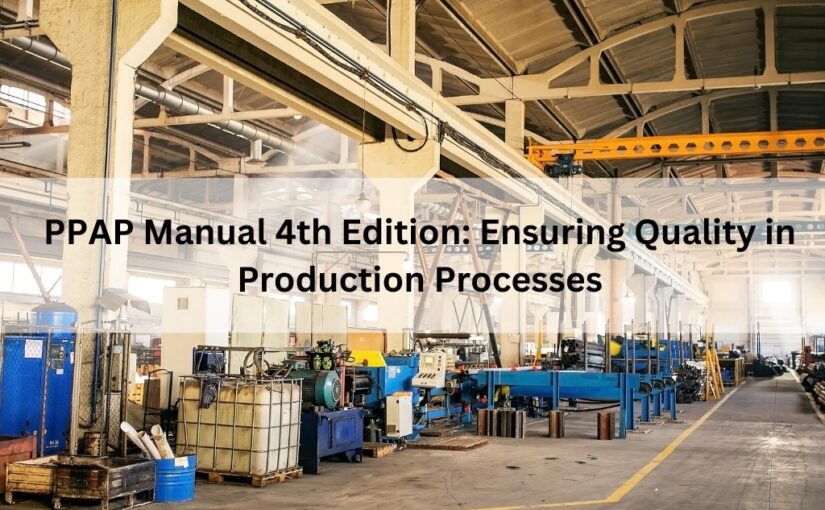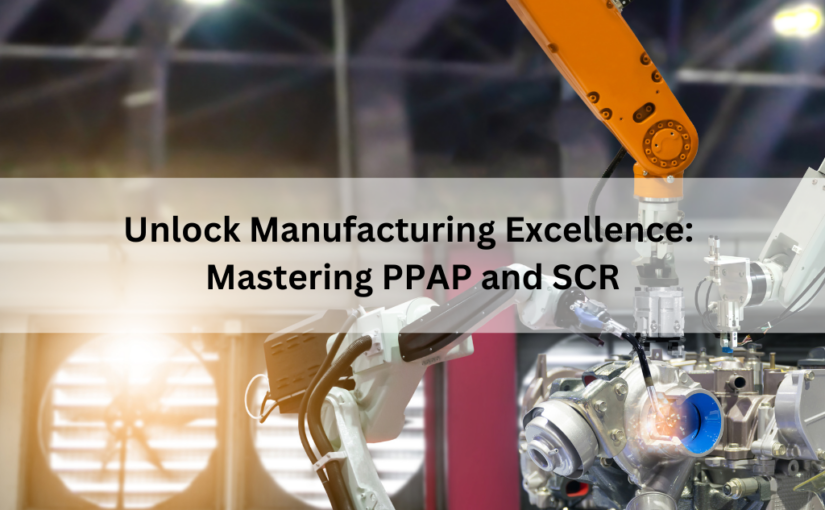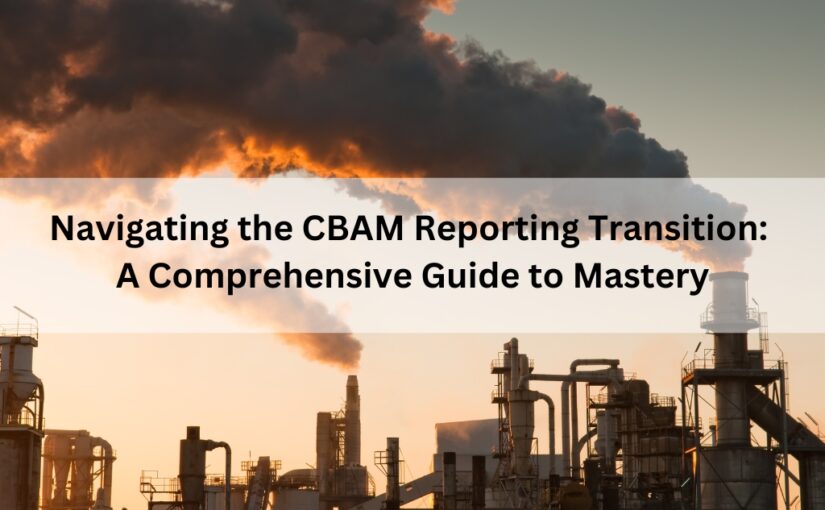A Guide to PPAP: Understanding Production Part Approval Processes
The Production Part Approval Process (PPAP) is a standardized process in the automotive industry that helps to ensure that suppliers provide quality parts that meet their customers’ specific requirements. PPAP provides evidence that all customer-specific requirements have been understood, agreed to, and met by the supplier.
An understanding of the Production Part Approval Process can assist businesses in developing and manufacturing products because it ensures parts are designed, manufactured, and tested in accordance with the customer’s quality, performance, and design requirements. It is essential for companies to determine the acceptability criteria for dimensional characteristics; identify discrepancies; develop basic procedures including inspection instructions; and develop plans for corrective action when needed.
In order to ensure businesses stay on top of trends and deliver quality products on time, this step-by-step approach ensures products meet product design and manufacturability criteria throughout the production process.
A robust PPAP involves five core phases:
An understanding of the Production Part Approval Process can assist businesses in developing and manufacturing products because it ensures parts are designed, manufactured, and tested in accordance with the customer’s quality, performance, and design requirements. It is essential for companies to determine the acceptability criteria for dimensional characteristics; identify discrepancies; develop basic procedures including inspection instructions; and develop plans for corrective action when needed.
In order to ensure businesses stay on top of trends and deliver quality products on time, this step-by-step approach ensures products meet product design and manufacturability criteria throughout the production process.
A robust PPAP involves five core phases:
- The preparation of documentation
- Product design
- Sample production
- Testing and evaluation
- Official approval
The documentation phase preparation involves gathering all relevant documents needed to complete the PPAP. This includes documents related to product drawings, production process flow charts, inspection instructions, etc. In the product design phase, the supplier must demonstrate that their product meets all customer specifications. This often involves creating a detailed drawing of the product and reviewing it with the customer to ensure all requirements are met.
The third phase involves producing a sample of the product according to the agreed-upon specifications. Once the sample has been produced, the product must undergo testing and evaluation to ensure it meets all necessary requirements. This can include functional testing, dimensional measurement, and material composition testing. Finally, if the product passes all tests and evaluations, the supplier can submit to the customer for PPAP approval. This involves providing all documentation and test results to the customer, who reviews it and officially approve the product for production.
It is important for businesses to understand the PPAP system and adopt technology to ensure that their products meet customer expectations and comply with all relevant regulations and industry codes. Through the use of PPAP techniques, organizations will have the ability to complete their production functions efficiently and competently. With Enventure, manufacturers, predominantly auto suppliers, can ensure highest quality products, with an effective production part approval process, which in turn maximizes operational efficiency. In addition, we are committed to minimizing compliance risks and avoiding costs associated with nonconforming products.










